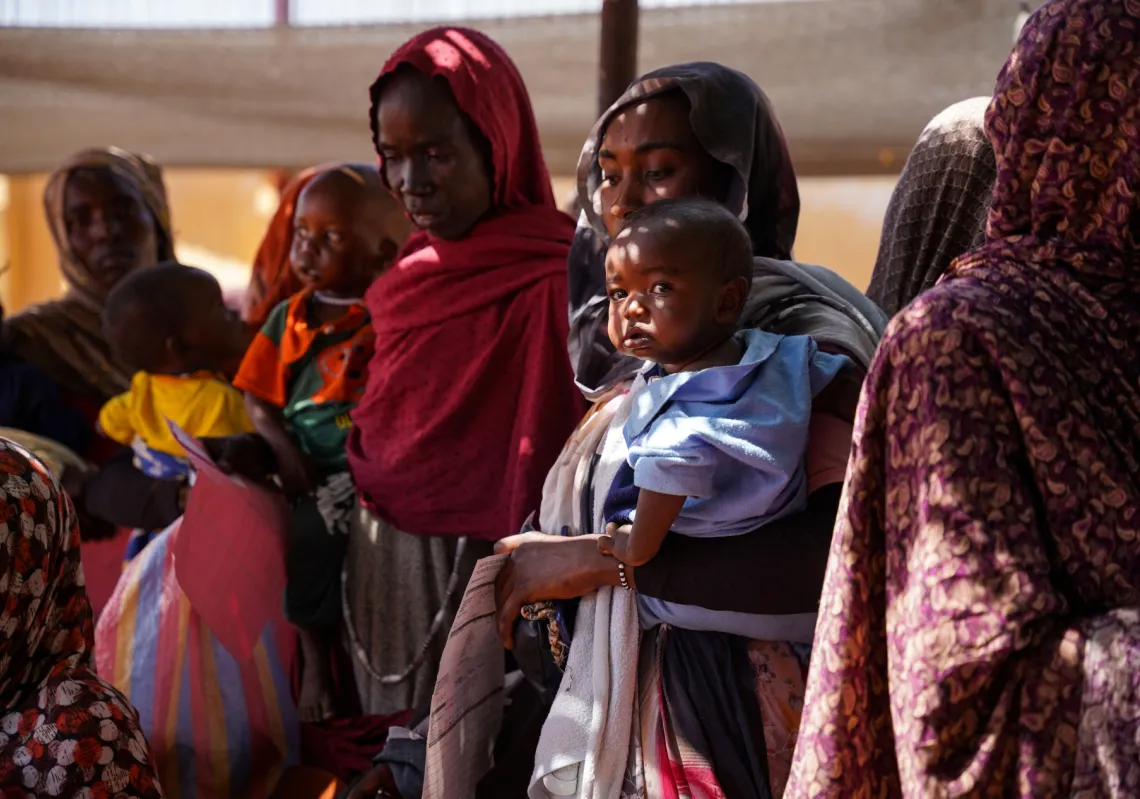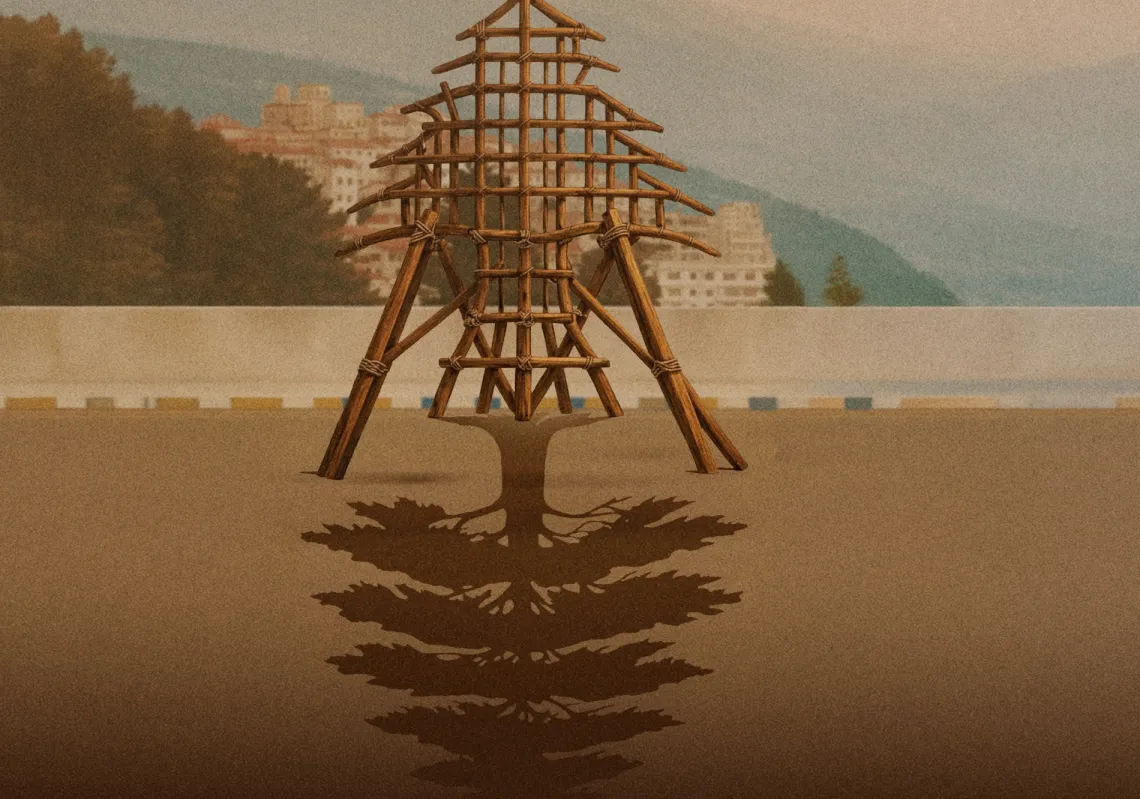Turkey’s negotiations to join the European Union may have faltered of late, but, in a little-noticed turnaround, it is now using the same ideas that brought stability to post-Second World War Europe in an effort to calm the bitter divisions of the Middle East.
Syria, Jordan, Libya and Lebanon have recently joined Iran and other regional countries enjoying visa-free business and tourism with Turkey. Ankara is also doing all it can to champion the integration of regional infrastructure, has successfully boosted trade with its neighbours, and is now even bringing governments together for joint meetings of senior Cabinet ministers.
This conversion to the basic EU idea of progress through interdependence is still in its infancy, partly because Middle Eastern regimes can fear that regional integration is a political threat. Turkey long shared this tendency too, until the end of the Cold War allowed its sense of security and commercial opportunity to rise. The centre-right AK Party government, in power since 2002, has developed even further the country’s growing ties with Russia, Africa and particularly Muslim neighbours in the Middle East.
During the same period, Turkey’s relationship with the European Union has also sped ahead. Despite many obstacles—including Europe’s Turkey-skeptics, the slow pace of Turkish domestic reform, and the stand-off over Cyprus—Turkey remains in a full negotiating process that could plausibly lead to membership of the club in a decade or two.
These apparently contradictory dynamics have reopened debate on the question of whether Turkey is becoming “European”, “Eurasian”, “neo-Ottoman”, or even “Islamic”. Few take into account the limitations of Ottoman Empire analogies, and the relatively predictable modern Turkish context. This debate is also too often a proxy for domestic political concerns – be it Europeans fearful about jobs, immigration and Islam, Arab commentators seeking sticks with which to beat their own governments, or pro-Israel activists seeking to bring U.S. pressure to bear on Turkey.
In fact, the EU and the West in general, contrary to what some Europeans think, need Turkey partly for the stabilizing impact that it wants to have among its eastern neighbours. Ankara’s priority is not a reborn caliphate, but the expansion of an economy that is already more than half the size of the whole of the Middle East and North African region. When Prime Minister Recep Tayyip Erdoğan makes over-enthusiastic statements on visiting Khartoum, Tehran or Damascus, he is partly thinking of the contracts to be signed by the hundreds of business supporters who accompany him. Similarly, when Erdoğan visited the United States last December, the main public result was a joint committee to boost trade.
AK Party leaders, even if they have left behind the Islamism of their youth, certainly feel a special warmth for fellow Muslim leaders. Some AK Party officials even talk of Erdoğan as the ‘representative of 1.5 billion Muslims’. But Turkey as a whole is more interested in Europe, and visitors to Turkish bookshops will search in vain for much about the Middle East.
Turkey actually sells proportionally less to the Middle East than it did two decades ago, a figure that represents less than a quarter of its total exports. The EU has long accounted for half Turkish trade, and for nearly 90 per cent of foreign investment in 2008. Some four million Turks live in Europe, vastly outnumbering the few tens of thousands in the Middle East. Turkish airline companies fly frequently to a dense web of European cities, but serve more destinations inside Turkey than in Iran and Arab states. While two Turkish Airlines planes a day connect Istanbul and Damascus, four go to Tel Aviv.
Extraordinary praise in Arab newspapers for Erdoğan when he confronts Israel should also not be mistaken for Arab endorsement of Turkish regional hegemony. Arab envoys to Turkey say they are happy to see a fellow Sunni Muslim state act as spokesperson for their concerns and as a counter-balance to the rejectionist defiance of Shia Muslim Iran. But they say their governments can feel uneasy at Erdoğan’s outbursts of anti-Israel populism, and that they would reject any Turkish effort to do more than offer its good offices in regional disputes.
Turkey’s rising interest in its neighbours persuaded its leading think tank TESEV to ask 2,000 people in seven Arab countries what they thought. In November it published results that found that three-quarters of respondents were in favour of a high-profile role for Turkey in Israeli-Palestinian and other Middle Eastern issues. But 57 per cent said they wanted to see ‘a Muslim country’ in the EU, and 64 per cent believed that Turkey’s EU negotiation process had a positive impact on its role in the Arab world – including 62 per cent in Saudi Arabia.
Turkey also believes EU ideas can help heal the divisions of the region. The recent popularity of Turkish sitcoms and singers in the Arab world is not just because the two have grown closer once again. In a Turkey in which EU-inspired reforms and competition have helped open up society, the economy and culture, Turkish music and films are now simply much better made – and win more prizes in Europe too.
Hugh Pope – Istanbul based Turkey/Cyprus Project Director for International Crisis Group. Author of books on Turkey and the Turkic world, as well as the forthcoming “Dining with al-Qaeda: Three Decades Exploring the Many Worlds of the Middle East”.







